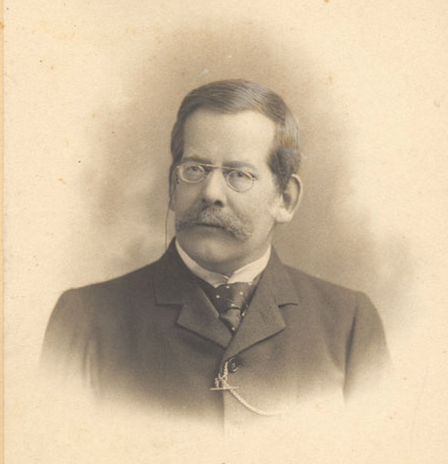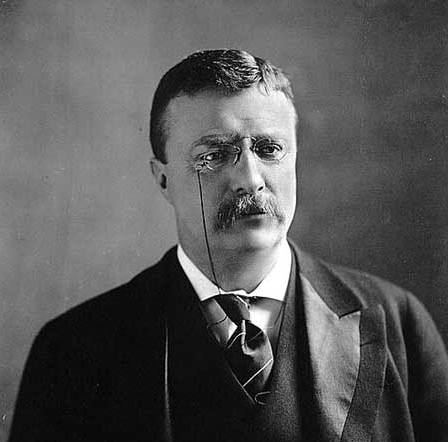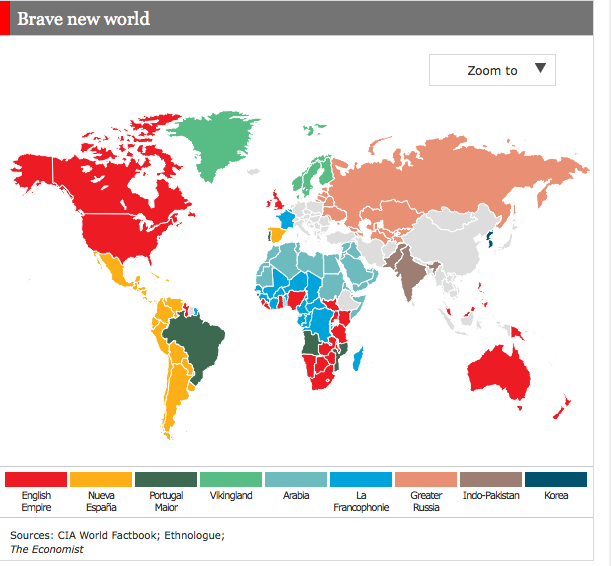Nicholas Wade: Genes, culture, and history
Nicholas Wade never met a genetic just-so story that he didn't like. For a partial survey, see "The hunt for the Hat Gene", 11/15/2009, where I observed that he pivots smoothly from mere over-interpretation to complete fabrication:
Nicholas Wade is an inveterate gene-for-X enthusiast — he's got 68 stories in the NYT index with "gene" in the headline — and he's had two opportunities to celebrate this idea in the past few days: "Speech Gene Shows Its Bossy Nature", 11/12/2009, and "The Evolution of the God Gene", 11/14/2009. The first of these articles is merely a bit misleading, in the usual way. The second verges on the bizarre.
Now Mr. Wade has packaged a large-scale version of this move as a book, where a somewhat tendentious account of human genetic diversity transitions into a fictional narrative proposing genetic explanations for essentially every aspect of human cultural, social, and economic history: A Troublesome Inheritance: Genes, Race and Human History, 2014.
Read the rest of this entry »






 I had been waiting for the world's media to notice the extraordinarily anomalous character of Vladimir Putin's notion that he can annex pieces of land simply because speakers of the Russian language live there and are feeling aggrieved or imperilled. And now The Economist has done the job very nicely. See
I had been waiting for the world's media to notice the extraordinarily anomalous character of Vladimir Putin's notion that he can annex pieces of land simply because speakers of the Russian language live there and are feeling aggrieved or imperilled. And now The Economist has done the job very nicely. See